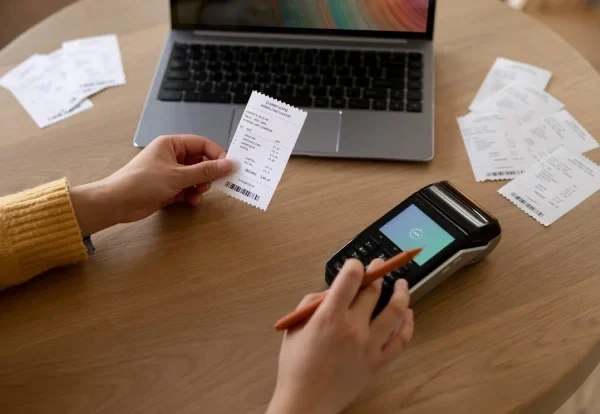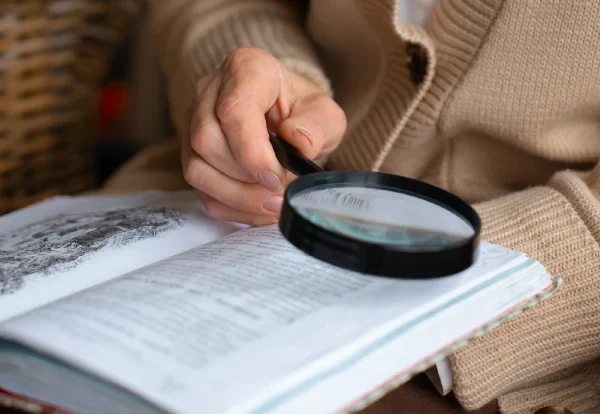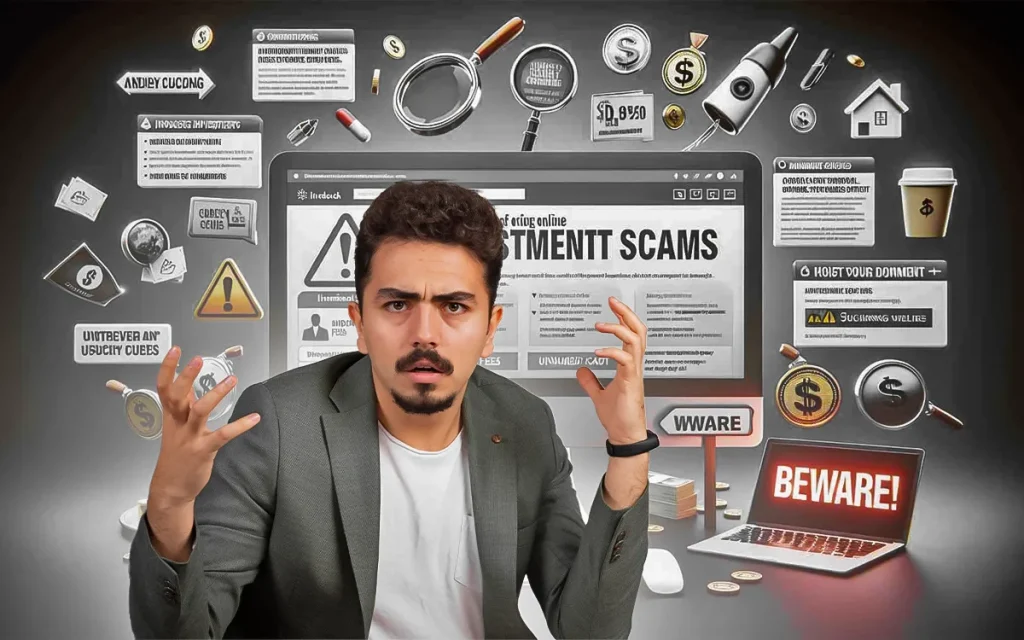It is important to keep your credit score as healthy as possible. A healthy credit score allows you to apply for loans at an attractive rate and also allows financial freedom. Achieving the perfect balance between having credit and paying off debt is an art that only those with financial awareness and understanding can achieve.
While using a credit card, it is your responsibility and federal duty to pay off the debts. Unfortunately, not many are skilled enough to use a credit card to its fullest potential, and most do not know how to dispute a charge when they see one.
Things To Know Before Using Your Credit Card
Before disputing a charge, one must know how to use a credit card. Credit cards offer users the opportunity to buy something now and pay for it in small portions over a period of time. The lender or the credit card issuers apply an interest rate—an extra charge—on the total amount of product purchases.
Before levying the interest rate, the lender will look at the credit history of the credit card user. Since any business will only look for its financial security, the lender will look at how quickly the credit card user pays off the debt.
The interest rate applied will ensure that the lender will recover the maximum amount of money in the shortest period of time. Thus, when the lender offers credit at an interest rate, they will check the credit history.
If the credit card user pays off the charges regularly and on time and does not take credit more than they can pay off, the interest rate is generally lower. The lender will also check if the debt is paid within the grace period.
The grace period is the period between the end of the billing cycle and when your payment is due.
Thus, when credit card users pay off their debt early, it is cheaper for them as they do not end up paying extra money through interest; thus, it is less expensive. Although credit card issuers do not have to offer a grace period, when they do, they usually have restrictions on them.
It is expensive for credit card users if they only pay the minimum amount required to pay off the debt. Thus, although the credit card issuers will recover more money at the end of the term, it is risky for them as the credit card users might default on their payments.
It is equally important if credit card users are using postal services to pay off their debt. They should check and send the money to the correct address instead of the lender’s branch. Since there could be a delay even if the issue has received the amount, it can still jeopardize the credit history.
While paying off the debt electronically, as a credit card user, you should set up a date so that you do not end up defaulting on your payment. You can also set up money transfers using the automatic debit facility.
It is important that you make a habit of checking the credit card account statement, as there can be errors in it. In the event of an error, you should know how to dispute credit card charges.
As per federal law, if the lender has made an error while issuing the bill, you can file a credit card dispute. It is important that you maintain your bills, as they can prove useful while disputing the error. The error can happen on both ends—yours and the lender’s.
You have the option of using an auto debt facility, and before using this feature, you need to grant permission to the lender to do so. However, there are a few risks that you must consider before you use this feature.
The first risk involved is that the lender might make an error and over-withdraw the amount required. They may also charge you for something that you have not purchased. The second risk is that the bill amount may vary from month to month, and if there are insufficient funds and you happen to default on the payment, you would be charged a fee that could hurt your credit score.
However, while opting for an auto debit facility, you must provide clear terms such as the total amount and the date on which the said amount will be debited. In case the monthly amount varies, you can request that the lender provide 10 days of advance notification so that you have sufficient funds in your account. The federal law offers such terms.
Must Do For The Credit Card Issuer

Under the law, the credit card issue must
- Upon receiving your payment, your account should be promptly credited on the same day. However, the issuer may set reasonable conditions, such as stipulating a specific deadline for payment arrival to ensure same-day reimbursement or requiring the inclusion of an account number or payment stub.
- Each month, your billing statement should clearly indicate any amounts owed, or owed to you, exceeding one dollar for the billing period. Even if no purchases were made with the card, if interest is being charged on your account balance, the issuer is obligated to furnish a statement for that billing month.
- Your credit card bill should be dispatched at least 21 days prior to the due date. This timeframe allows you to ascertain the exact amount owed and provides ample time for payment, thus avoiding incurring interest charges. You have the option to either pay the entire balance, thereby sidestepping financing costs or to make a minimum payment and bear finance charges.
- In the event that you owe more than one dollar, swift crediting or refunding is imperative. Should you opt for a refund, the issuer is mandated to process it within seven business days of receiving your written request. Ensure to obtain the correct postal address from the issuer or, if permissible, the relevant email address. Additionally, if your account maintains a credit balance for over six months, the issuer is obligated to make a sincere effort to return it to you.
- You are entitled to a written notification delineating your rights to contest any billing discrepancies. This notification should be furnished when opening a new account and subsequently provided on a regular basis thereafter.
How To Dispute A Charge: Billing Error on Your Credit Card Account

As we mentioned earlier, mistakes happen, and there are chances that the company has charged you twice for the same product, for something you returned, or for something that you never got.
Under federal law (the Fair Credit Billing Act, or FCBA), you have the option of disputing a charge that you do not recognize. Lays out a dispute process to assist you in resolving errors on credit cards and revolving charge accounts (such as open-end credit accounts).
The dispute process mentioned is regarding errors on credit cards and other types of revolving credits. Personal loans, car loans, or major appliances are not covered in this dispute process.
However, you can open up a dispute for unauthorized charges; as per federal law, your responsibility is limited to unauthorized charges of $50. If you find any illegal activity on your account statement, then you might be a victim of identity theft. You must get on the government website and check for and report identity theft.
You may have purchased the product, but
- It has the wrong date or amount, or it made a mistake in the calculation.
- You have not accepted, or the gods were not delivered to you.
- You require an explanation, clarification, or a written receipt.
You must remember that when you spot an error, it is your responsibility to open up the dispute; the issuer will not open a dispute on your behalf.
If the issuer fails to post your payment and other credit details, like returns or fails to send bills to your current address, you need to dispute credit card charges. To address this problem as a billing error, you need to provide your change of address in writing to the issuer so that they have at least 20 days to react before the billing period ends.
Disputing Billing Errors

While you open a credit card dispute process, you can take advantage of consumer protection law.
- You can write to the issuer and send in details like your name, address, account numbers, and description of the error at the address provided for billing inquiries. Avoid sending the mail to the address that is meant for sending your payments.
- You need to ensure that the letter reaches the issuer within 60 days of receiving the first bill with an error. When you send your letter through certified mail, ask for a receipt. This proves to be proof that the letter was received by the issuer. While sending the mail, ensure that you send in the photocopies and not the originals of the receipts and other supporting documents. Ensure that you have a copy of the letter that you have sent to the issuer.
- The issuers must acknowledge the letter in writing within 30 days of receiving your complaint letter unless the matter is resolved.
- The issuer must resolve the card dispute within 90 days of receiving your complaint letter.
Your Rights And The Investigation

While you open up a credit card dispute process, you must remember the following:
- While the issuer is investigating the disputed amount, you can withhold the amount or any financial charges. However, you are to pay off the amount that is not being disputed.
- The issuer cannot take any action against you for using your rights.
- The issuer has to inform all three nationwide credit bureaus—Equifax, Experian, and Transunion—and notify them regarding the ongoing investigation of the dispute.
- The issuer can’t use legal means to recover the disputed amount or levy financial charges.
- The issuer cannot restrict or close your account; nevertheless, the disputed amount can be applied against your credit limit.
- The issuers cannot threaten your credit rating or record you as a delinquent.
- The issuer cannot force you to pay the full balance immediately.
- If you have exercised your rights to dispute credit card charges in good faith, then the issuer cannot discriminate against you.
If the investigation proves that you do not owe them the said amount, the issuer must provide in writing the correct charge and remove any extra charges that they may have levied on your account.
However, if the investigation proves that you owe the issuer the money, then the issue has to be written regarding the correction made, the exact amount, and the date to pay. They may also request that you provide copies of documents that suggest you owe them the money. They must also consider the amount accumulated and provide you with the same grace period for you to arrange for the money in your account to be paid off.
If you still dispute the amount even after the investigation is complete, then you must remember that you need to open up the dispute again after the issuer has provided you with the date to repay them or 10 days after the explanation is delivered to you, whichever is later.
When you reopen the dispute, you must remember that you need to provide them in writing, and the issuer at this point can begin the collection procedure.
At this point, you need to file a complaint with the Consumer Financial Protection Bureau.
The issuer can report you as delinquent to the nationwide credit rating agencies; however, they must also report the ongoing investigation regarding disputing a charge.
If a company fails to stick to the proper settlement process, they could end up losing a portion of what they’re owed—up to $50—even if the bill is legit. Picture this: say the issuer finally acknowledges your complaint after 45 days instead of the required 30—that’s 15 days late. Or they drag their feet for more than two billing cycles, trying to sort things out. Or worse, they threaten to spill the beans about your payment struggles during that time frame. Even if it turns out you do owe the disputed amount, the issuer can kiss goodbye to collecting up to $50 of what they’d otherwise be entitled to. All because they didn’t play by the rules.
Reporting A Complaint About The Quality of Something You Bought
If you have bought something with your credit card and are facing a problem with it, you can take the same legal action with the issuer as you would with the seller. From state to state, these rules and regulations differ. Thus, you should go through a consumer protection agency to learn more about your rights.
For example, if you have purchased an electronic appliance and it breaks down within a month, you have the right to sue the seller and also the issuer for the problem created. If you can open a credit card dispute process and request the issuer to investigate, you can withhold the payment until the investigation is complete.
If, after the investigation, you are still not satisfied with the results and want to reopen the dispute, you can still go ahead and sue the seller as well as the issuer. To exercise your federal law, you need to withhold the payment. To exercise the federal law, the following criteria need to be fulfilled:
- The purchased goods or services must exceed $5.
- The purchased goods or services must be bought either in your home state or within a 100-mile radius of where you currently get your bills.
- You should try to settle the dispute with the seller before exercising your federal law.
There are a few exceptions to this situation where the seller and the issuer are the same, and then the dollar and distance are not applicable.
Considering another example, you have purchased an electronic product from a seller who is also the issuer, and now the product breaks down within a month. Then, in such instances, you need to resolve the dispute with the company, and it does not matter how much you paid or from which locality you purchased it.
You need to get in touch with the seller and try to resolve the dispute. If they fail to do so, then you can open up a card dispute and withhold the payment.
The issuer cannot report you deliquently until and unless the dispute is settled or a court makes a judgment.
Report Problems
If you face a problem on your credit card statement regarding the payment, then you need to reach the issuers and simultaneously reach the seller and resolve the issue. Do not waste time, and try to take advantage of your legal protection.
If the problem is with the product or service that you have purchased, then it is advisable to contact the seller first and then the issuer.
If you do not find any satisfactory answers to your dispute, then consider contacting the Federal Trade Commission and the Consumer Financial Protection Bureau.



